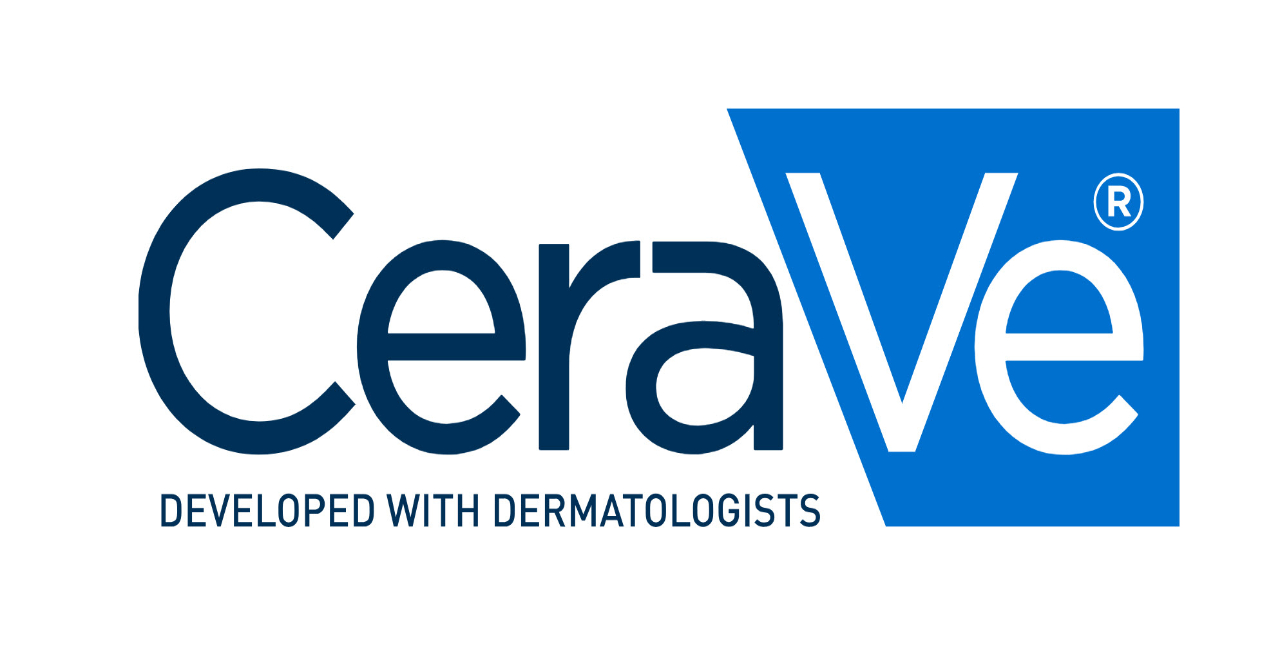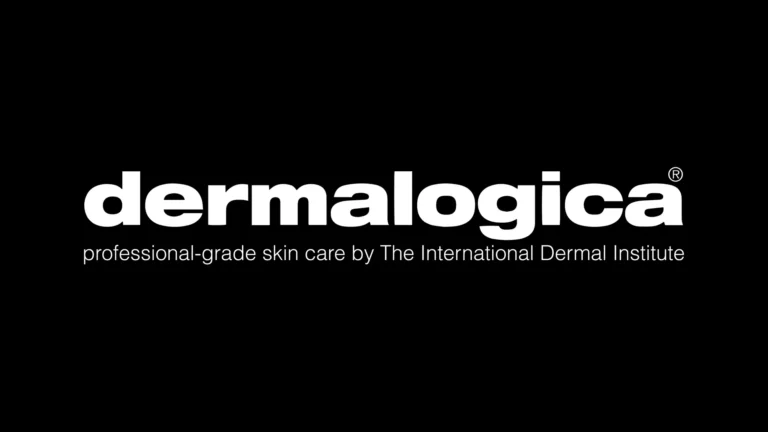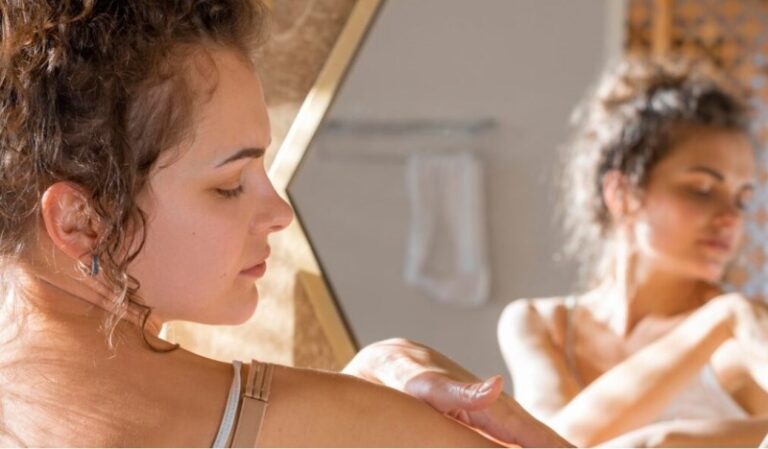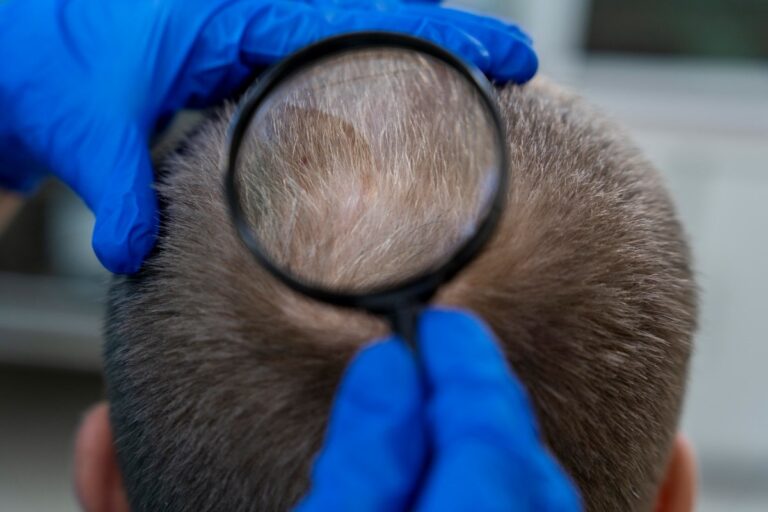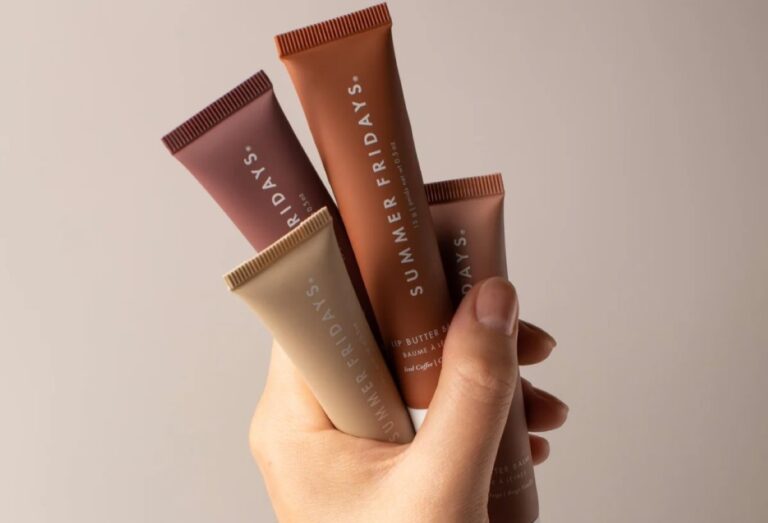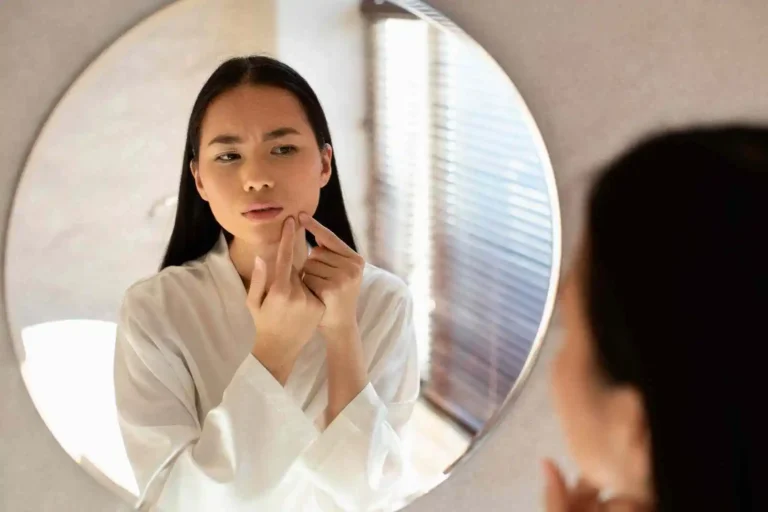Understanding the Adverse Reactions to CeraVe Products: What You Should Know and Why?
CeraVe is a popular skincare brand that is developed with dermatologists and has a big reputation for being an affordable yet effective skincare range. According to their website, they are the number one recommended skincare brand by dermatologists that caters to all skin types and problems- so why do some people find that they have bad reactions to their products? And what might be the reason for this? In this blog post, we are going to look more at CeraVe and its products, including the reason why some people react badly to them and what you should look out for if you find yourself impacted badly by them.
About CeraVe
Established back in 2005, CeraVe is a highly recommended skincare brand, noted for its dermatological expertise and wide range of products available for all skin types and problems. Its products include facial cleansers, washes, moisturizers, cleansing balms, toners and even make-up removal products.
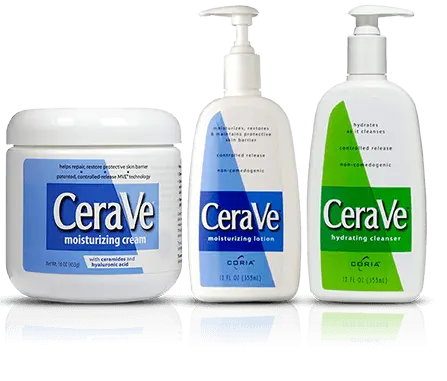
As skincare products go, it is an incredibly affordable range of products, and it caters to a variety of different skin types and skin issues. All the products are unified by their aim to repair the skin’s barrier, something that is beneficial for common skin complaints. Those with oily skin, dry skin or combination skin will find CeraVe products that suit their needs, and it is for these reasons that the brand is probably as popular as it is, boosted by a social media hype, most notably on TikTok.
What you will also find online, though, is a string of bad opinions of CeraVe- some love it, some hate it. It seems like for every person raving about it, there is someone saying they had a bad experience with it. So why do some people react badly to these products? Should you avoid them entirely?
Bad Reactions to the Product
All hype aside about how recommended the product is by dermatologists, there is no denying that a lot of the public’s attraction to the product lies in its simplicity. The simple, very unaesthetic packaging differs massively to other ‘fancier’ looking products that you see on the shelves, selling an essence of professionalism and therefore effectiveness to the buyer. It would seem that, as the years go on, people are more concerned about what is in a product over what it looks like, especially when it comes to skincare.
When you search the internet for opinions on CeraVe, you see the good, but you also see a lot of this:
“I switched to just using the CeraVe Hydrating cleanser after hearing so much online about how it could fix a damaged moisture barrier. I am 2 weeks into it and still waking up with a new cystic spot daily. It also leaves my face very tight.”
“I love the CeraVe lotion but the cream is irritating and feels like it’s burning my skin.”
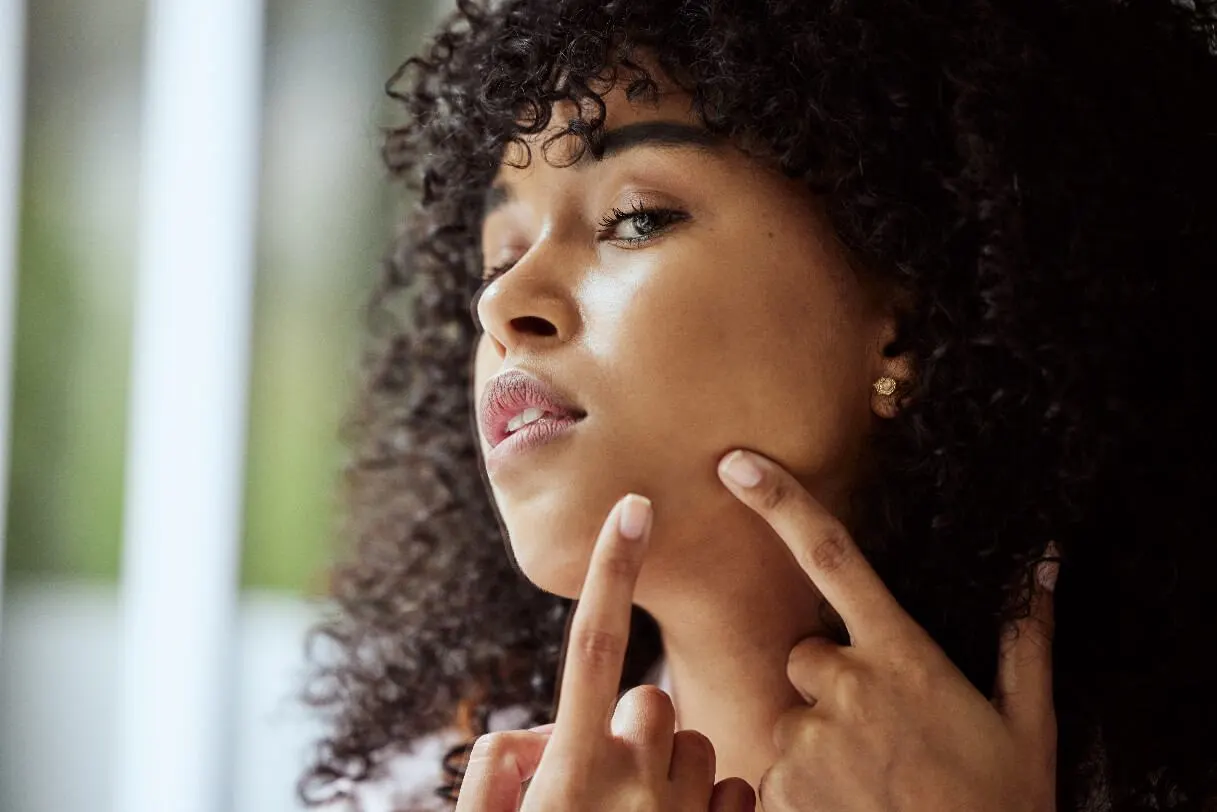
“Despite apparently being such a skin sensitive brand- it is the only one I’ve ever had such an awful reaction to!”
“It broke me out on my face and didn’t feel moisturizing either.”
For a range of products that is seemingly there to improve all of the above complaints, it would seem strange that in some people it does exactly that, and in others it has the alternate effect.
A lot of people highlight that some products work for them, and others don’t: “I’m fine with their cleansers but their moisturizer gave me the worst acne of my life…”
In light of these should you put this range of products on the red list and never go near them?
The short answer is no- those who claim to suffer from reactions to the products are likely having reactions to some or more of the ingredients in them, which we will delve more into now.
Why Might These Reactions Happen?
There are lots of different kinds of CeraVe products these days, and they all contain different ingredients to improve different skin complaints and issues, bearing in mind the skin type of the user.
Common ingredients in CeraVe include parabens, alcohols, sulfates and fragrances that are known culprits for causing reactions on the skin.

Everyone’s skin is different, and can tolerate differing levels of these ingredients too, which would explain why some people have good experiences with the products and others don’t. I for one can think of countless skincare products that were recommended to me as ‘holy grail’ solutions by friends and family, that either made my acne worse, caused severe redness and soreness or just had no effect at all.
What to Look Out For
Let’s break this down- here is a closer look at just some of the ingredients used in popular CeraVe products, and why they might irritate your skin:
Parabens
If you keep up with skincare trends on social media, you will probably be aware of the bad press that parabens get for being included in beauty products. A lot of people think they contribute to a wealth of health conditions, from cancer to hormonal disruption, though the actual evidence for this is disputed. CeraVe offer some paraben-free products within their range, so if you prefer to stay away from parabens you can try those instead.
Propylene Glycol
This is often used in skincare products because it helps the skin to absorb the product better, but it can irritate the skin of some people, especially if they are susceptible to allergic reactions already. This is an ingredient to keep an eye out for if you know your skin is sensitive, as some CeraVe products could potentially cause irritation.
Fragrances
Skincare products often contain fragrances because it makes them smell nice, but they are a common culprit when it comes to skin reactions and redness. CeraVe have a range of fragrance-free products with this in mind, so if you find that you are reacting to products with fragrance in, that might be why.
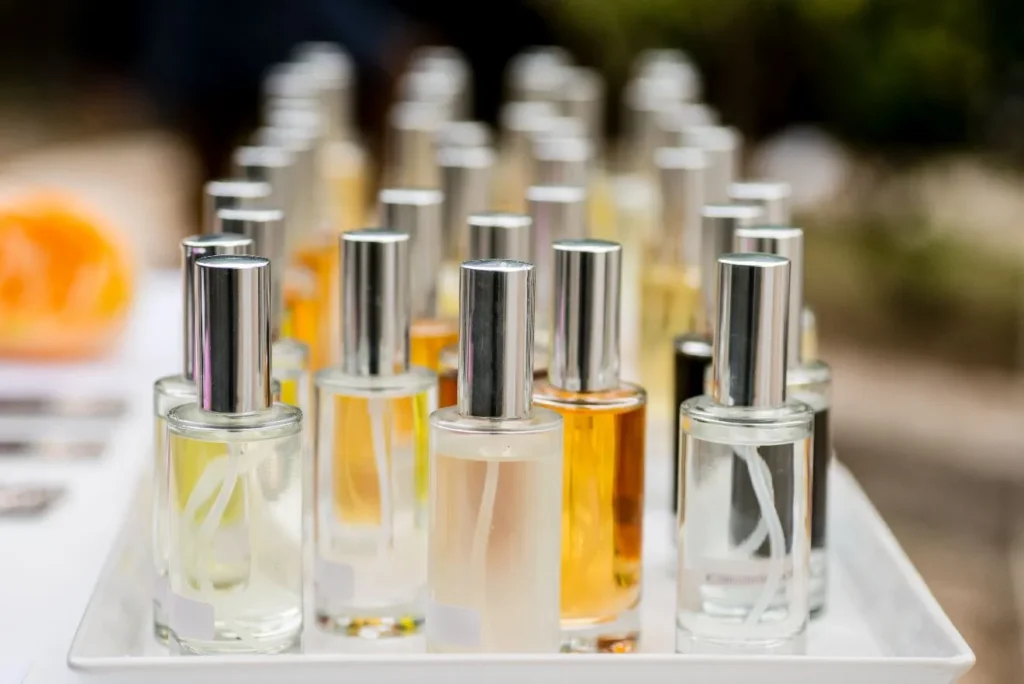
Niacinamide
Niacinamide is typically a very good ingredient in skincare products, and it is put in them to help brighten the skin, and also has anti-inflammatory properties too. It is generally a harmless ingredient, but it can be known to cause some skin irritation in those who have sensitive skin, especially when it’s used in high concentrations in a product.
Dimethicone
This is an ingredient that you may not have heard of before, but it is commonly used in skincare products to smooth and correct the appearance of fine lines and wrinkles. It is a silicone-based polymer that is generally accepted as a safe ingredient by the experts, but for some people who have acne-prone skin, they may find that this ingredient makes their acne worse or causes more breakouts.
Sulfates
Much like the above ingredient, sulfates that are used in skincare products are generally considered to be okay, but for those who suffer from particularly dry skin may find that sulfates make this worse. This is because the role of sulfates in the products is to cleanse the skin, which can strip it of its natural oils.
Ceramides
Ceramides are a type of lipid and are used in products to repair the skin’s natural barrier- something that CeraVe says its main goal is with its products. They are usually not the cause of any irritation or reaction on the skin, so if you are reacting badly to CeraVe’s products it is unlikely to be the ceramides that you need to avoid.
What to Be Aware of:
The important thing to bear in mind is that everyone’s skin is unique- so this is not as simple as ‘the products will make you react badly’, but more ‘it might if you are particularly sensitive to some of the ingredients.’
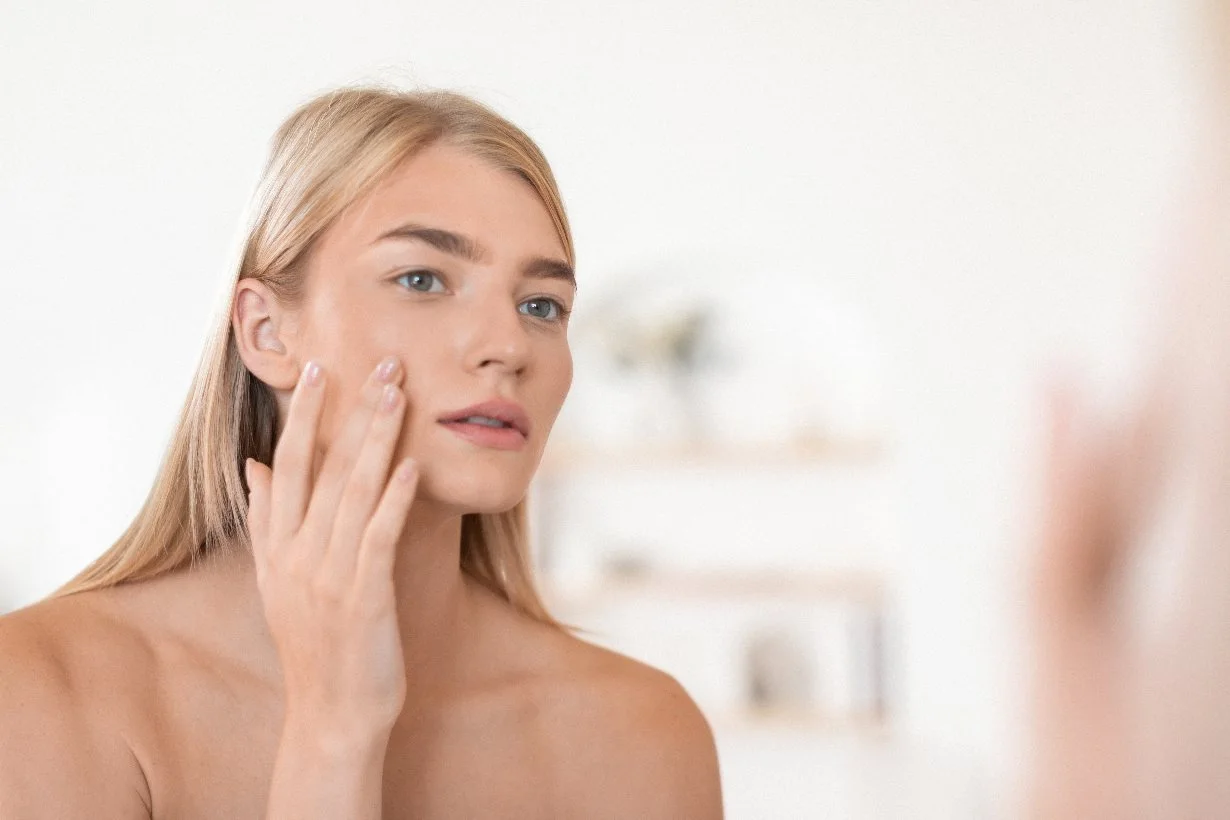
The best thing to do is to thoroughly scan the ingredients list of a product before you try it- if you already know that a certain CeraVe product caused an acne breakout, for example, it may be the dimethicone, or the concentration of dimethicone, in the product you used that you should try to avoid, or at least find something with less of it in.
Having this awareness of your own skin, as well as knowing what the potential irritants are within the product, as listed above, puts yourself in a more educated position when it comes to choosing the right product and reduces the risk of having a bad reaction to it.
Conclusion
CeraVe’s products are non-comedogenic, which means that they are designed to not block pores, and therefore not exacerbate acne-prone skin. Despite this, they do contain some potential irritants or ingredients that might make skin worse, but it all depends on your unique skin and what it responds well to, and what it doesn’t. The ingredients used in CeraVe may be the reason that some people react badly to them, but it is important to remember that this is not a reason to write off the product, you just need to be aware of what your individual skin is like- what it responds well to, how it is day to day without any products, and use this to fully research ingredient lists before using a product. CeraVe has a wide range of products out there, a lot of which exclude potential irritants like fragrances and parabens, so with the right research and attention paid to your own skin, you reduce the risk of reacting badly to these products.
References
“I love the CeraVe lotion but the cream is irritating and feels like it’s burning my skin.”
“It broke me out on my face and didn’t feel moisturising either.”
“I’m fine with their cleansers but their moisturiser gave me the worst acne of my life…”
https://www.isitbadforyou.com/questions/are-cerave-products-bad-for-you
https://www.harpersbazaar.com/uk/beauty/skincare/a34366650/cerave-reviews/
https://7amlab.co/blogs/news/what-makes-cerave-so-special-it-deserves-all-the-attention-its-getting
